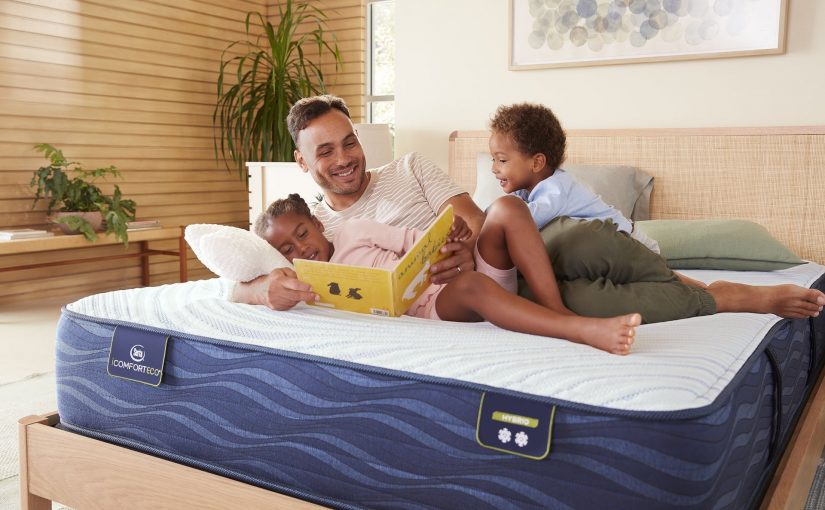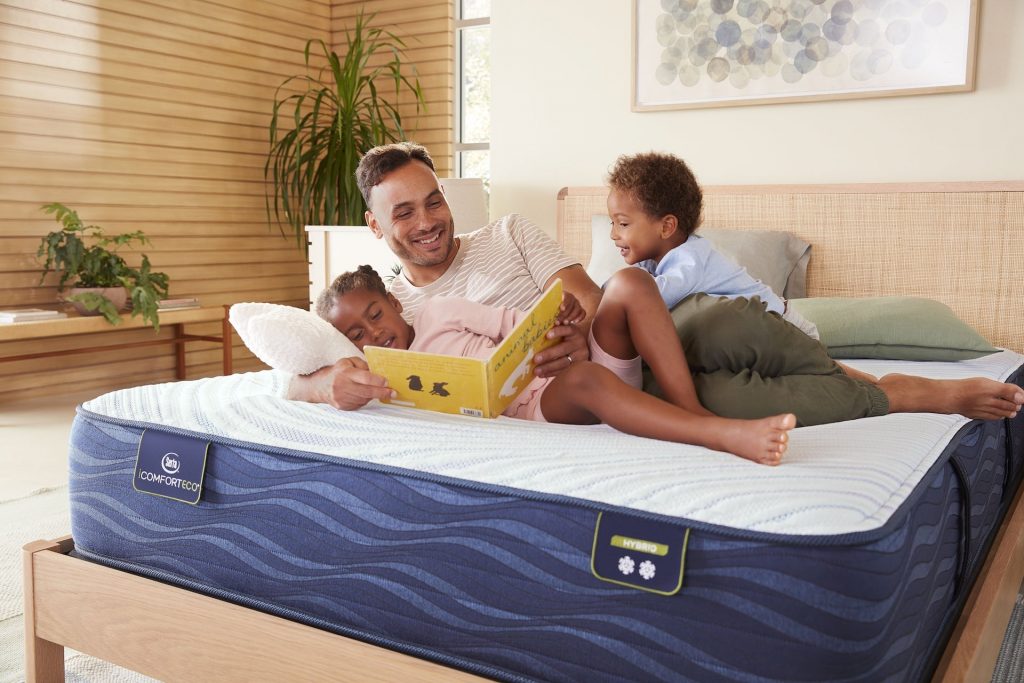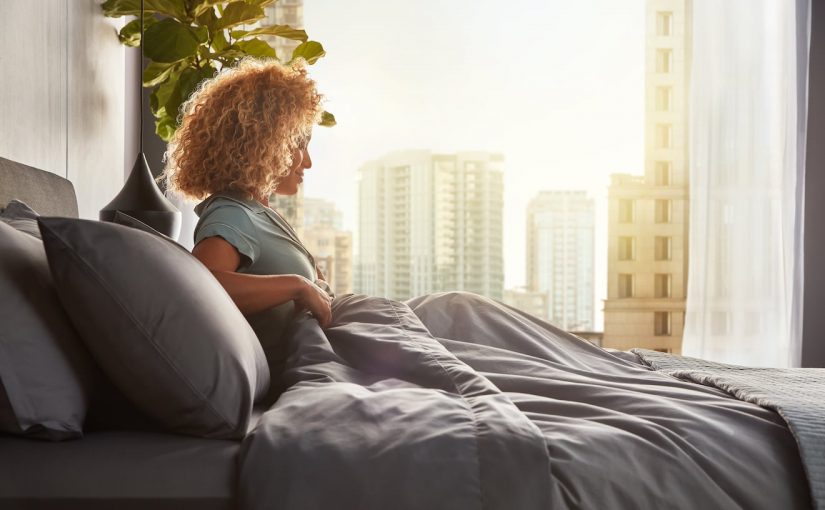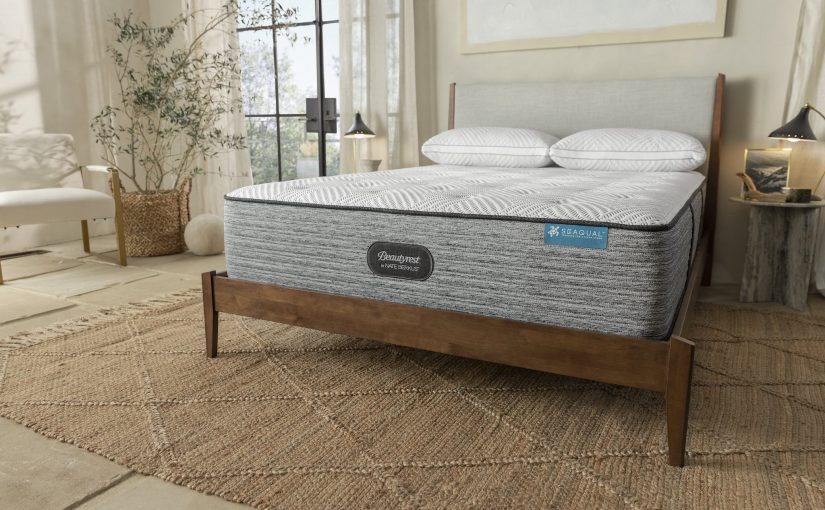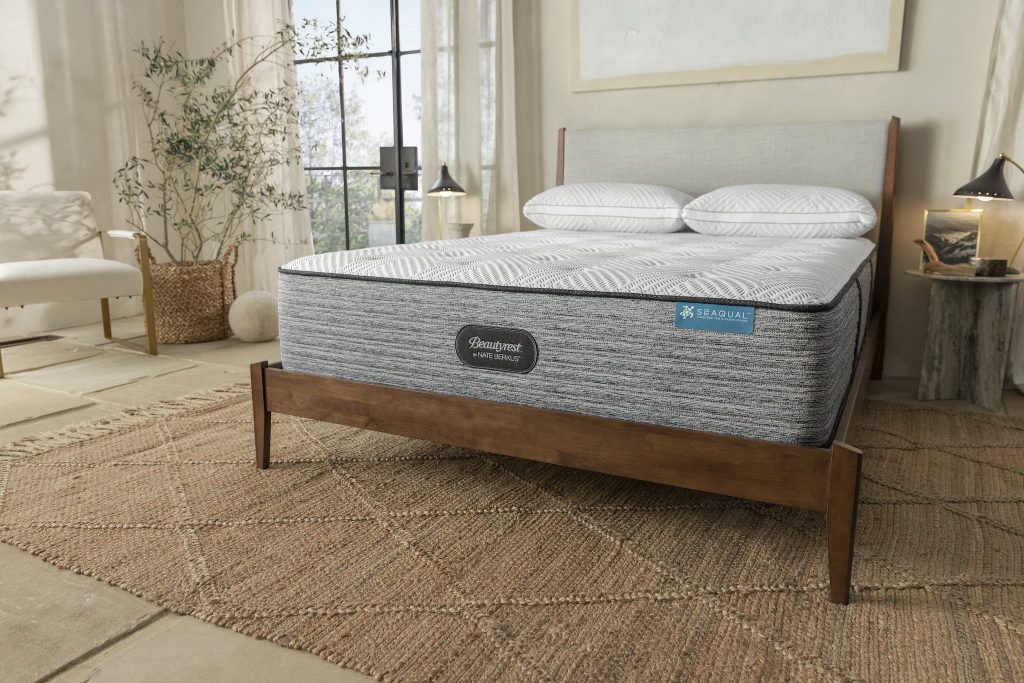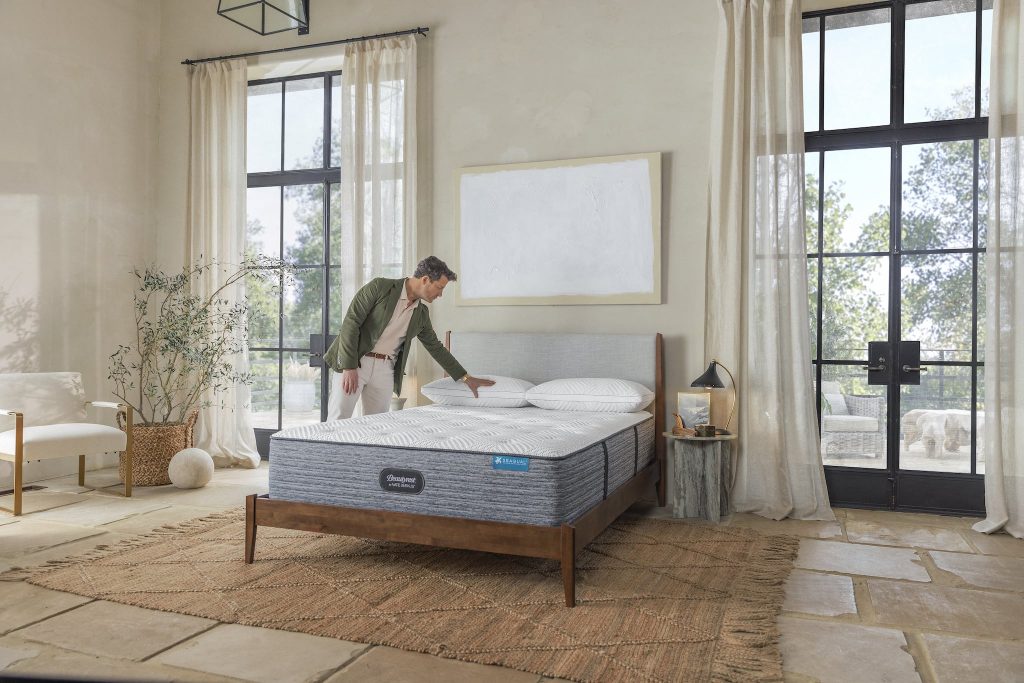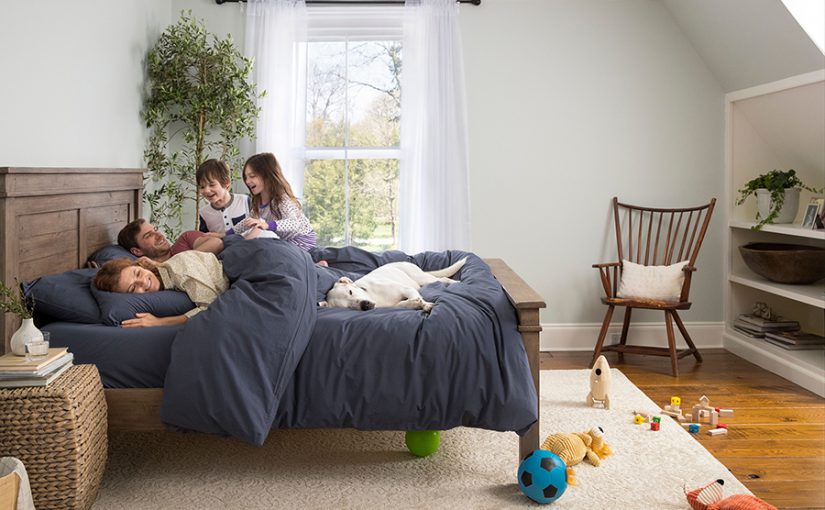Commences Voluntary Pre-Arranged Chapter 11 Proceedings to Deleverage Balance Sheet
Service to Retail Customers and Sleepers Continuing as Usual and Will Be Unaffected by Chapter 11 Proceedings
DORAVILLE, GA – Jan. 23, 2023 – Serta Simmons Bedding, LLC (“SSB” or the “company”), one of the leading global sleep companies, today announced that the company is taking steps to strengthen its financial position as it continues to support long-term growth.
SSB has entered into a Restructuring Support Agreement with key financial stakeholders that will significantly reduce the company’s debt and enable the company to continue making critical investments in its business and brands. To implement the restructuring contemplated by the agreement, most of SSB’s U.S. corporate entities have initiated a voluntary pre-arranged court-supervised process under Chapter 11 of the U.S. Bankruptcy Code.
The company is operating as normal and is serving retail partners and sleepers as usual. SSB’s manufacturing facilities are fulfilling orders, and the company is continuing to work with suppliers and vendors in the ordinary course of business. SSB also has meaningful launches planned for this year from Serta and Beautyrest.
“SSB has a deep heritage in providing industry-leading sleep solutions,” said Shelley Huff, CEO of SSB. “With the support of key financial stakeholders, we are taking steps to strengthen our financial position. After the conclusion of this process, we will have a stronger financial foundation to drive profitable growth and continue delivering the high-quality, innovative products that our company is known for. Looking ahead, we will remain focused on launching new innovations, further building a high-performing and resilient supply chain and expanding the commercial side of our business to meet demand for our trusted brands and products.”
“We thank our retail partners and suppliers for their continued support as we move forward with this process,” added Huff. “We are also grateful to our associates for their continued commitment to executing on our mission to help people sleep better so they can live healthier lives.”
Additional Information about the Restructuring Support Agreement and the Court-Supervised Process
The Restructuring Support Agreement has been agreed to by approximately 81% of the company’s first lien, first out priority term loan lenders and approximately 77% of its first lien, second out priority term loan lenders (collectively, the “consenting creditors”), as well as a majority of SSB’s existing equity holders (the “consenting equity”).
To implement the terms of the Restructuring Support Agreement, including a comprehensive balance sheet restructuring pursuant to a pre-arranged Chapter 11 plan of reorganization that is attached as an exhibit to the Restructuring Support Agreement, SSB and most of its U.S. corporate entities filed voluntary petitions under Chapter 11 of the U.S. Bankruptcy Code in the U.S. Bankruptcy Court for the Southern District of Texas (the “Court”). Today’s filings do not include SSB’s Canadian or Puerto Rican operations.
The restructuring will substantially reduce the company’s funded debt from approximately $1.9 billion to approximately $300 million and enable the company to continue making critical investments in its business and brands. The company has received a commitment for a $125 million exit ABL Credit Facility available upon SSB’s emergence from Chapter 11. The company has also obtained a debtor-in-possession financing in the form of a $125 million ABL Credit Facility. Upon Court approval, the new financing, along with approximately $170 million of cash on hand as of the filing date, and cash generated from the company’s ongoing operations, will be used to support the business during the court-supervised process.
SSB has filed a number of customary “first day” motions seeking Court approval to support its operations during the court-supervised process, including the continued payment of employee wages and benefits without interruption, as well as the continued support of its customer programs and consumer product warranties. The company is also seeking Court permission to pay suppliers, either during the Chapter 11 process or upon emergence from it, for goods and services that were provided prior to the bankruptcy filing date. The company expects business to continue as usual throughout the process and trade vendors and suppliers will be paid in full under normal terms for goods and services provided on or after the filing date.
Additional information regarding the court-supervised process is available on SSB’s restructuring website, www.SSBRestructuring.com. Court filings and other information related to the proceedings are available on a separate website administrated by the company’s claims agent, Epiq, at https://dm.epiq11.com/sertasimmons; by calling Epiq toll-free at 877-618-5414, or 503-966-3043 for calls originating outside of the U.S.; or by emailing sertasimmonsinfo@epiqglobal.com.
Weil, Gotshal & Manges LLP is serving as SSB’s legal counsel, Evercore Group L.L.C. is serving as SSB’s investment banker, and FTI Consulting, Inc. is serving as SSB’s financial and restructuring advisor. Gibson Dunn & Crutcher, LLP is legal counsel to the consenting creditors and Centerview Partners LLC is investment banker to the consenting creditors. Ropes and Gray LLP is serving as legal counsel to Advent International Corporation.
About Serta Simmons Bedding
Serta Simmons Bedding (SSB) is one of the leading global sleep companies. With a 150-year heritage in delivering industry-leading sleep solutions and a mission to help people sleep better so they can live healthier lives, the company is headquartered in Doraville, GA, and owns top brands such as Serta®, which has five other independent licensees, Beautyrest®, Tuft & Needle® and Simmons®. For more information about SSB and its brands, visit www.sertasimmons.com.
Contact:
SSB Communications Department
SSBCommunications@sertasimmons.com
Joele Frank, Wilkinson Brimmer Katcher
Ed Trissel / Aaron Palash / Viveca Tress
212-355-4449
